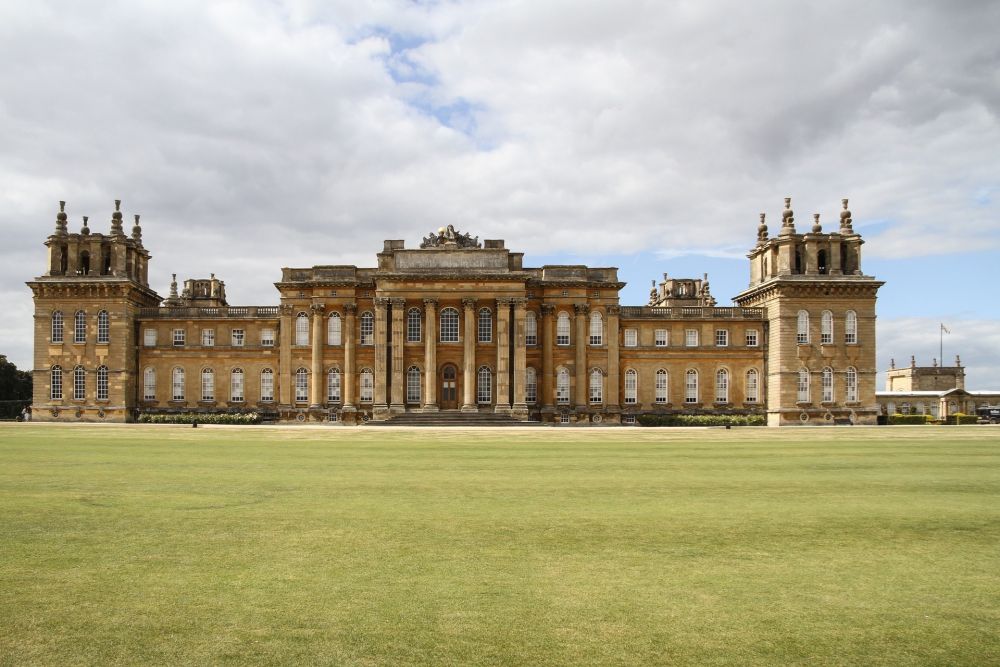Blenheim Palace makes plans to eliminate plastic waste
One of the UK’s largest and grandest stately homes has announced plans to eliminate plastic on its grounds.

One of the UK’s largest and grandest stately homes has announced plans to eliminate plastic on its grounds.
Blenheim Palace, a UNESCO World Heritage Site and the birthplace of Sir Winston Churchill, stated late last week that it will stop selling plastic water bottles and replace plastic straws with paper ones.
The Palace's new sustainability advisor, Jacqueline Gibson, commented: "In the past year we have provided environmental training to 82 per cent of staff, commissioned external consultants to host a Waste Workshop for senior teams, and standardised the way waste is segregated and stored for recycling across all offices and work areas."
"We are working in partnership with Friends of the Earth Oxford and Sustainable Woodstock, to share best practice with other local shops and organisations to reduce single use plastic," she added.
Additional measures the Oxfordshire estate is taking include using biodegradable bin liners and making disposable cutlery compostable.
The estate, first built in 1705, is the traditional homes of the Dukes of Marlborough, and has worked hard to implement sustainability initiatives. The 6,000 acres of land are managed under a strict environmental agreement with Natural England, which seeks to protect wildflowers, ancient woodland and over 20 miles of hedging. The estate is also powered with the help of biomass boilers, a hydro dam and 196 solar panels.
The move is the latest announcement in the backlash against single-use plastic across all quarters of British society. Earlier this year, reports came out that the Queen has banned plastic from the Royal Estate. Plastic straws and bottles are now banned from Buckingham Palace, Windsor Castle and the Palace of Holyroodhouse in Edinburgh.
